Dr. Saxon is a Professor of Clinical Medicine at the Keck School of Medicine of USC, specializing in the diagnosis and treatment of arrhythmias in patients with congestive heart failure. In addition to using state-of-the-art resynchronization devices in patients with arrhythmias, such as modified pacemakers and implantable defibrillators, Dr. Saxon also collaborates with medical device companies to evaluate the latest, most innovative interventional gadgets for patients with difficult-to-treat heart failure. In 2010, Dr. Saxon formed the USC Center for Body Computing. The Center aims to accelerate the successful development of ideas and innovative products in the wireless health space through cross-disciplinary work with various USC programs in partnership with industry leaders and venture capitalists in biotechnology, telecommunications, entertainment and design. The Center collaborates with USC schools and programs including the Keck School of Medicine, Viterbi School of Engineering, School of Cinematic Arts, and the Marshall School of Business, as well as USC Stevens Institute for Innovation and the Institute for Creative Technologies. The USC Center for Body Computing is one of the most comprehensive centers for wireless health in academia. Dr. Saxon also hosts an annual Body Computing Conference which brings together leading authors and futurists as well as leaders from the fields of medicine, design, entertainment, the FDA, investment banking, and pharmaceuticals for a day of intense discussions about the nascent but exciting field of wireless physiologic monitoring. Dr. Saxon has completed over 180 publications in various medical journals and is an active member of a multitude of organizations, including the American College of Cardiology, the Heart Rhythm Society, The American Heart Association, and the Heart Failure Society of America and serves as associate editor of the Journal of Cardiac Electrophysiology.
Leslie Saxon
Executive Director & Founder, USC Center for Body Computing
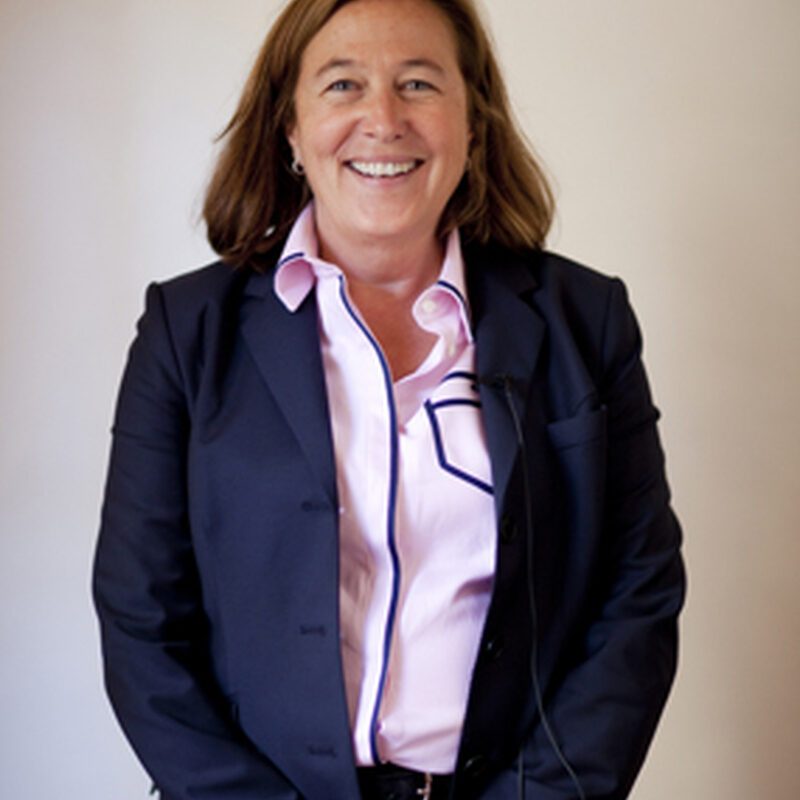
TEDMED Contributions
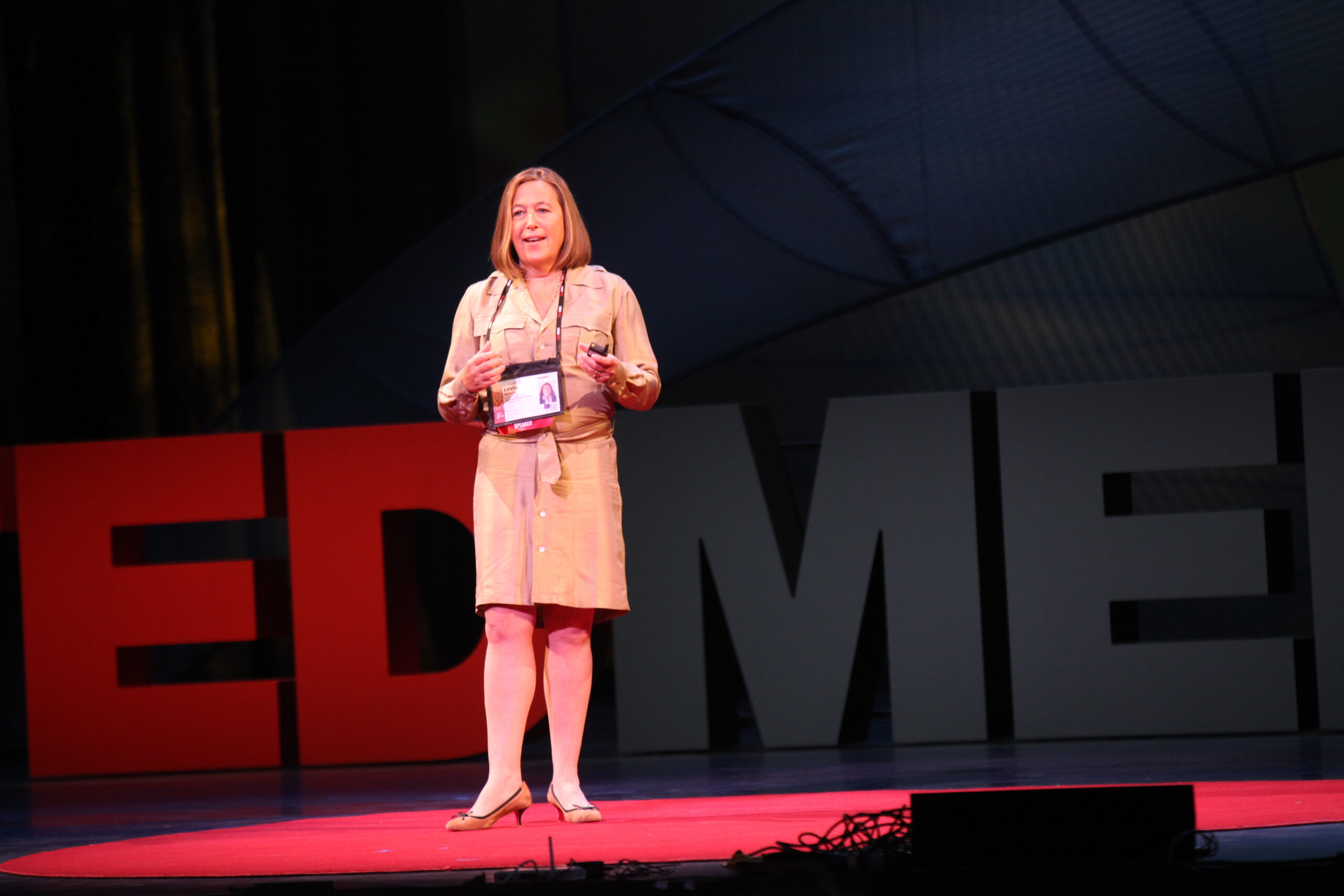
Leslie Saxon
Can we get 8-billion heartbeats on speed dial?
Can we get eight billion hearts on speed dial? Leslie Saxon of the USC Center for Body Computing shows the diagnostic and data potential of marrying smartphone tech…
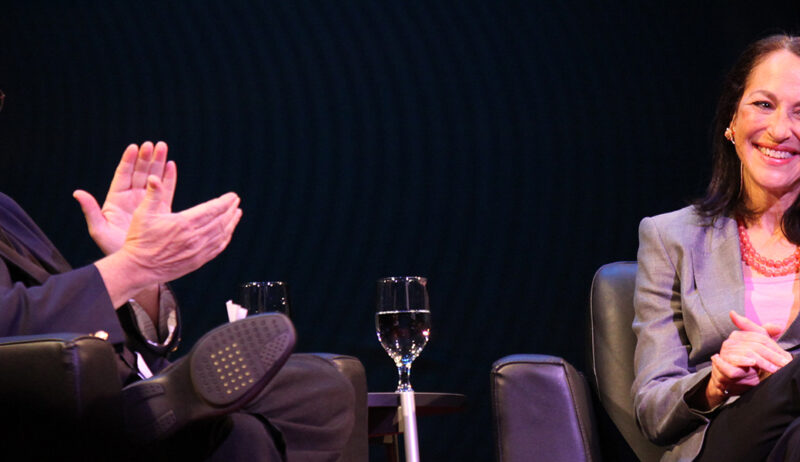
Leslie Saxon
Leslie Saxon - Q&A at TEDMED 2012
Leslie Saxon of the USC Center for Body Computing answers audience questions about using smartphones for remote health monitoring.
Related people
All People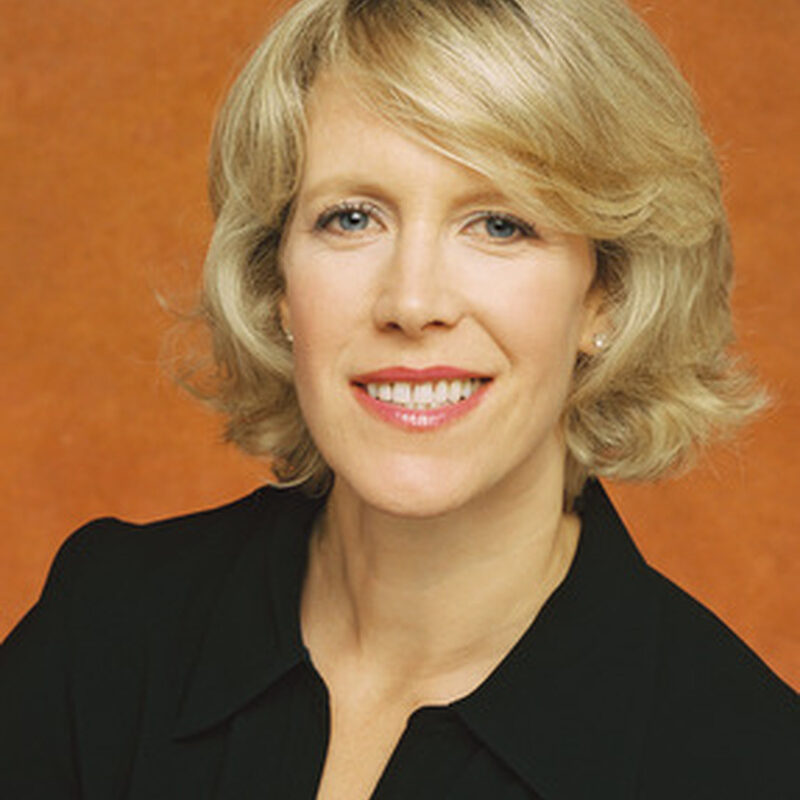
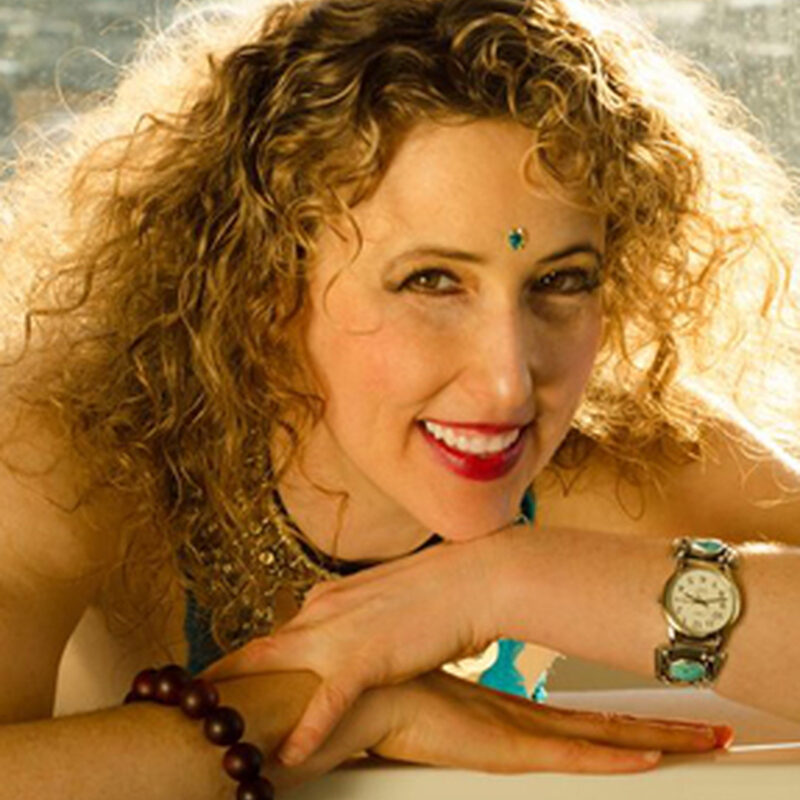
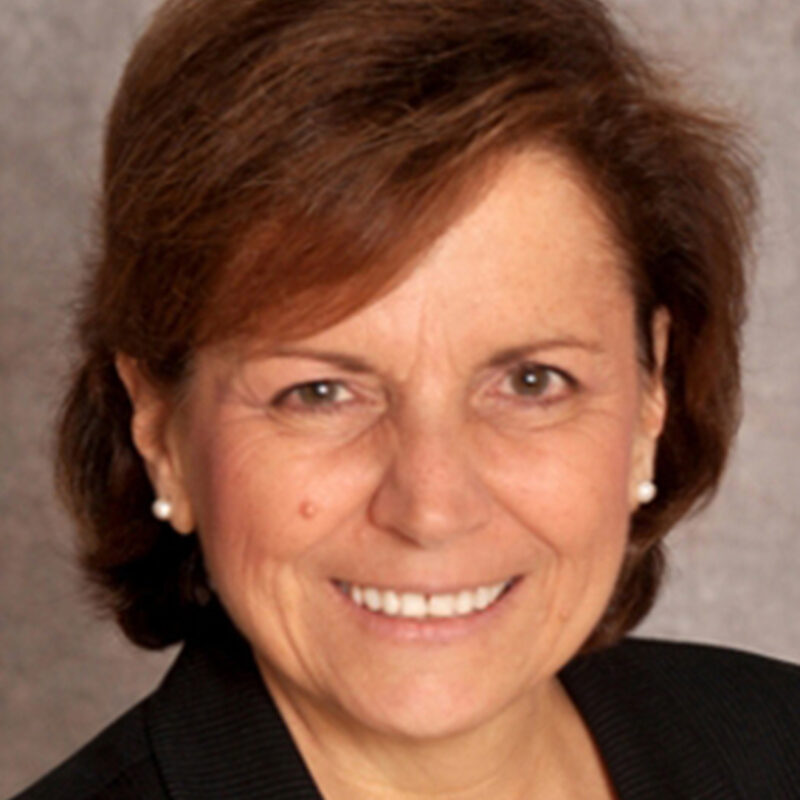
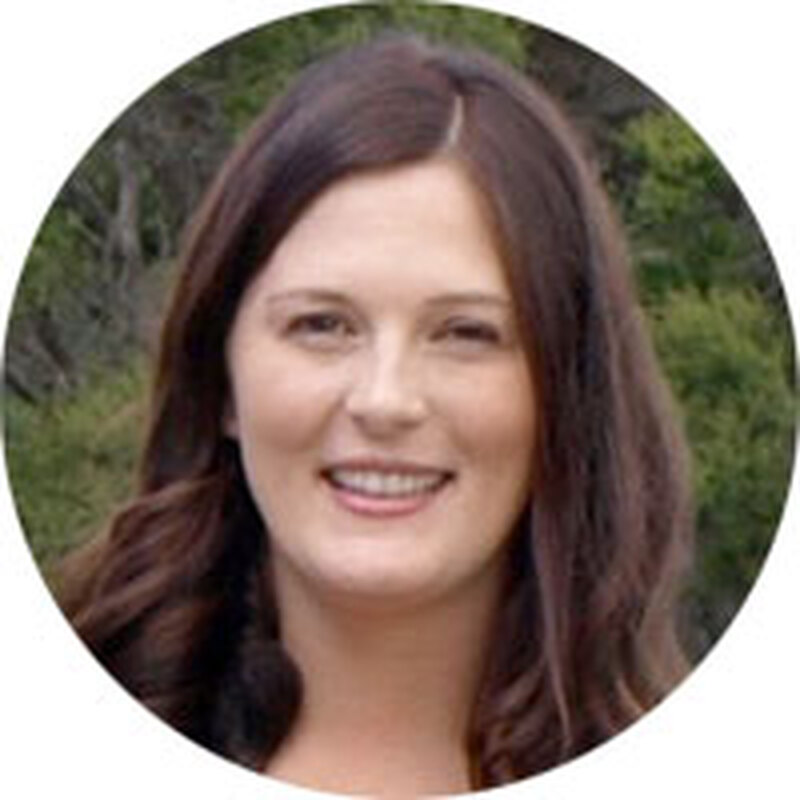
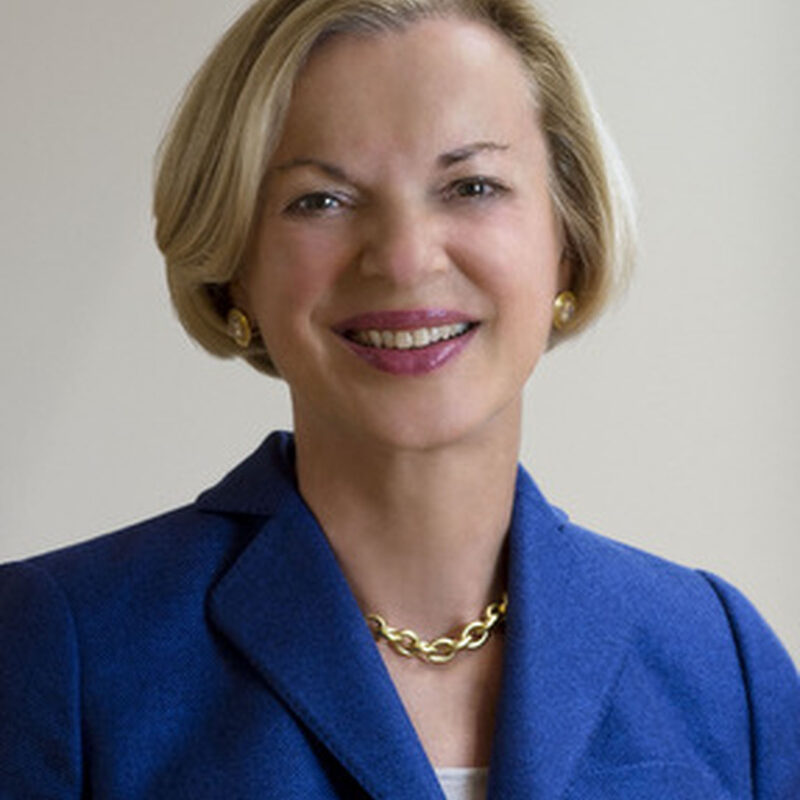
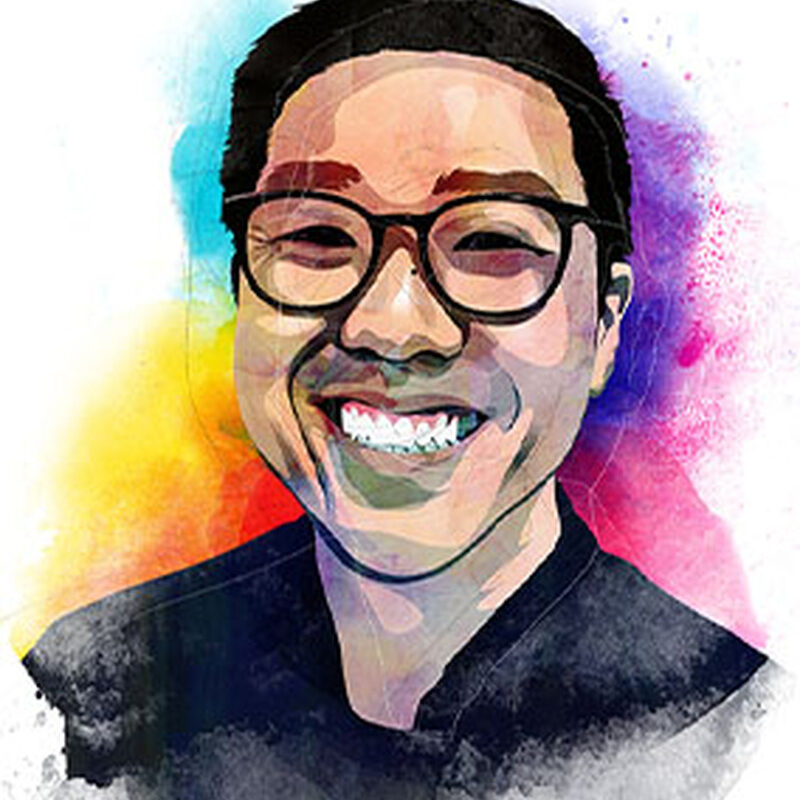
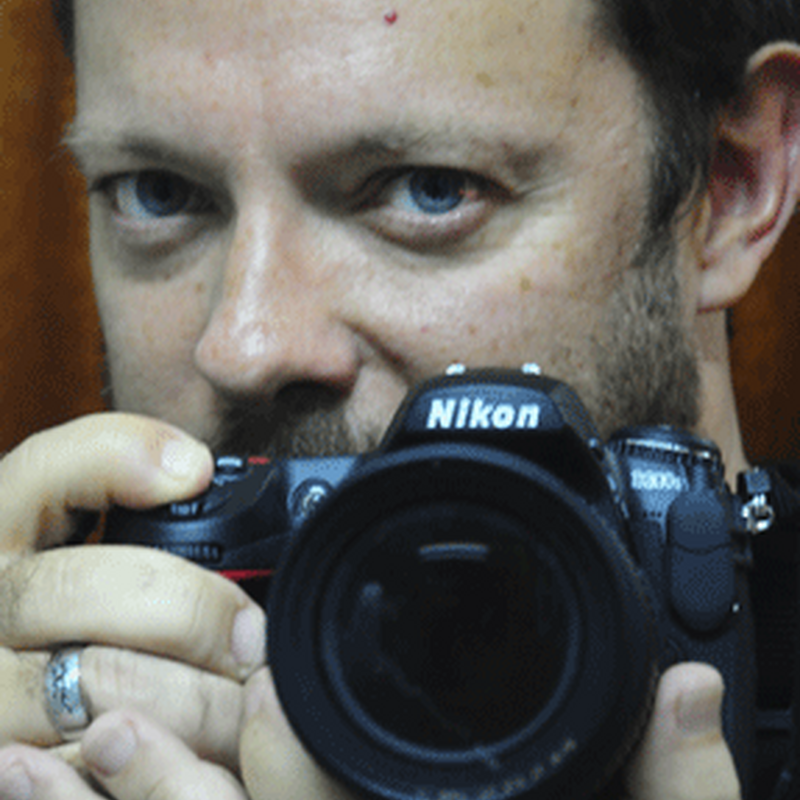
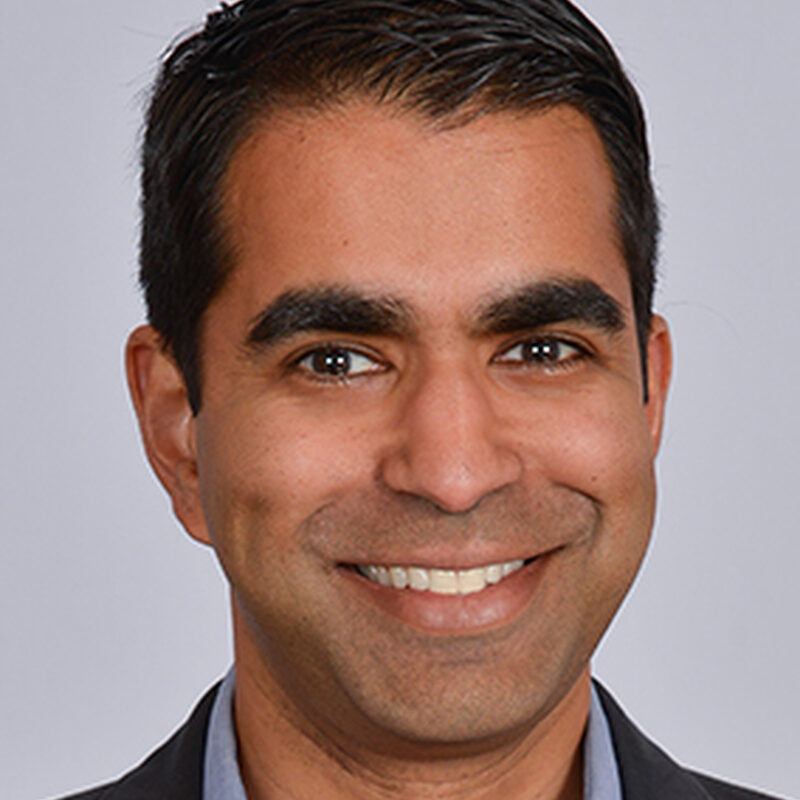
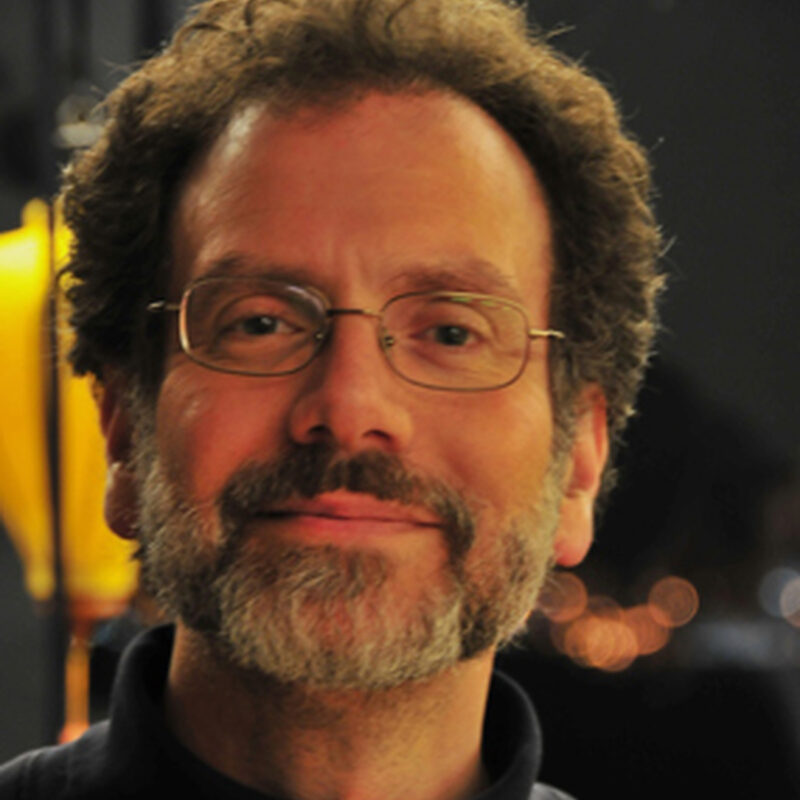
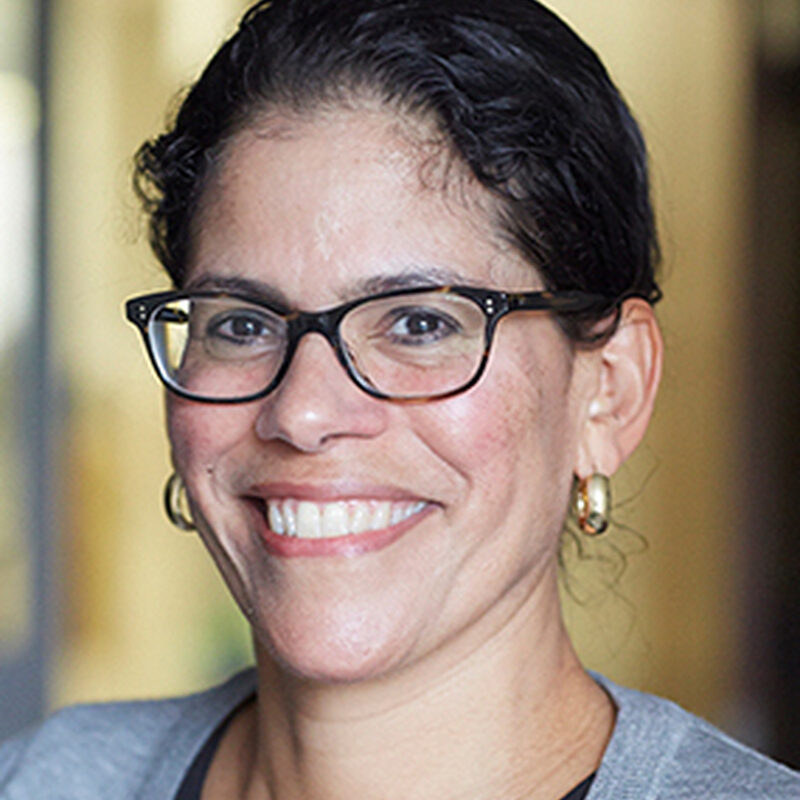
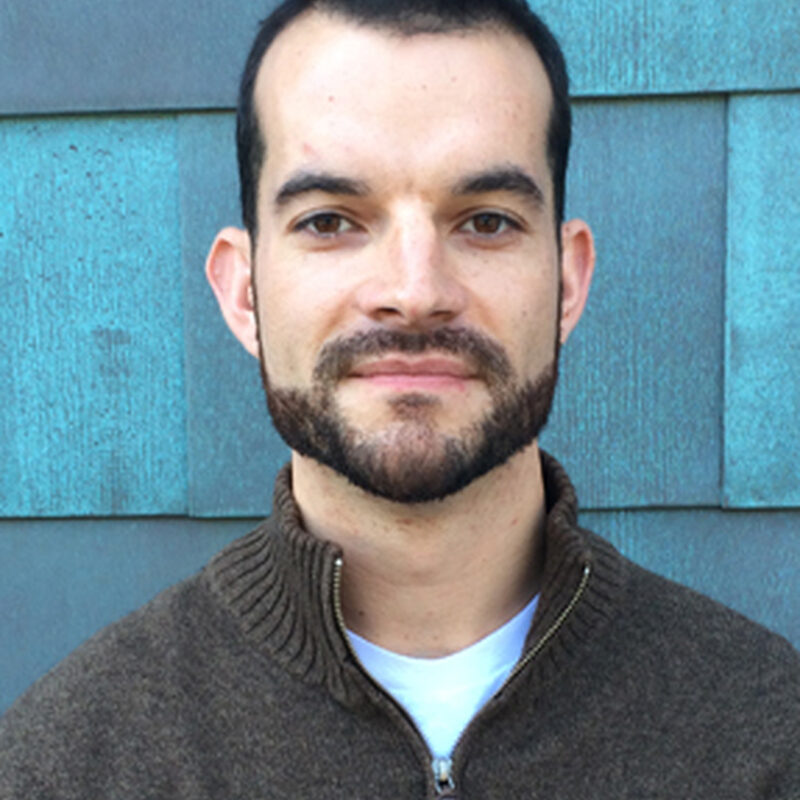
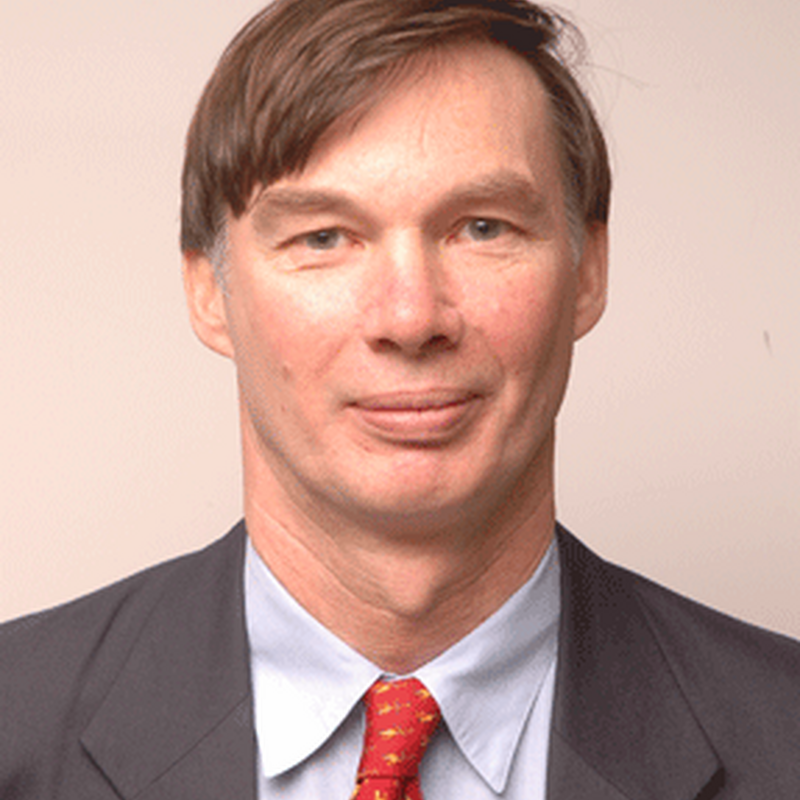
H. Shaw Warren
Physician and Pediatrician, Massachusetts General Hospital Associate Professor of Pediatrics, Harvard Medical School